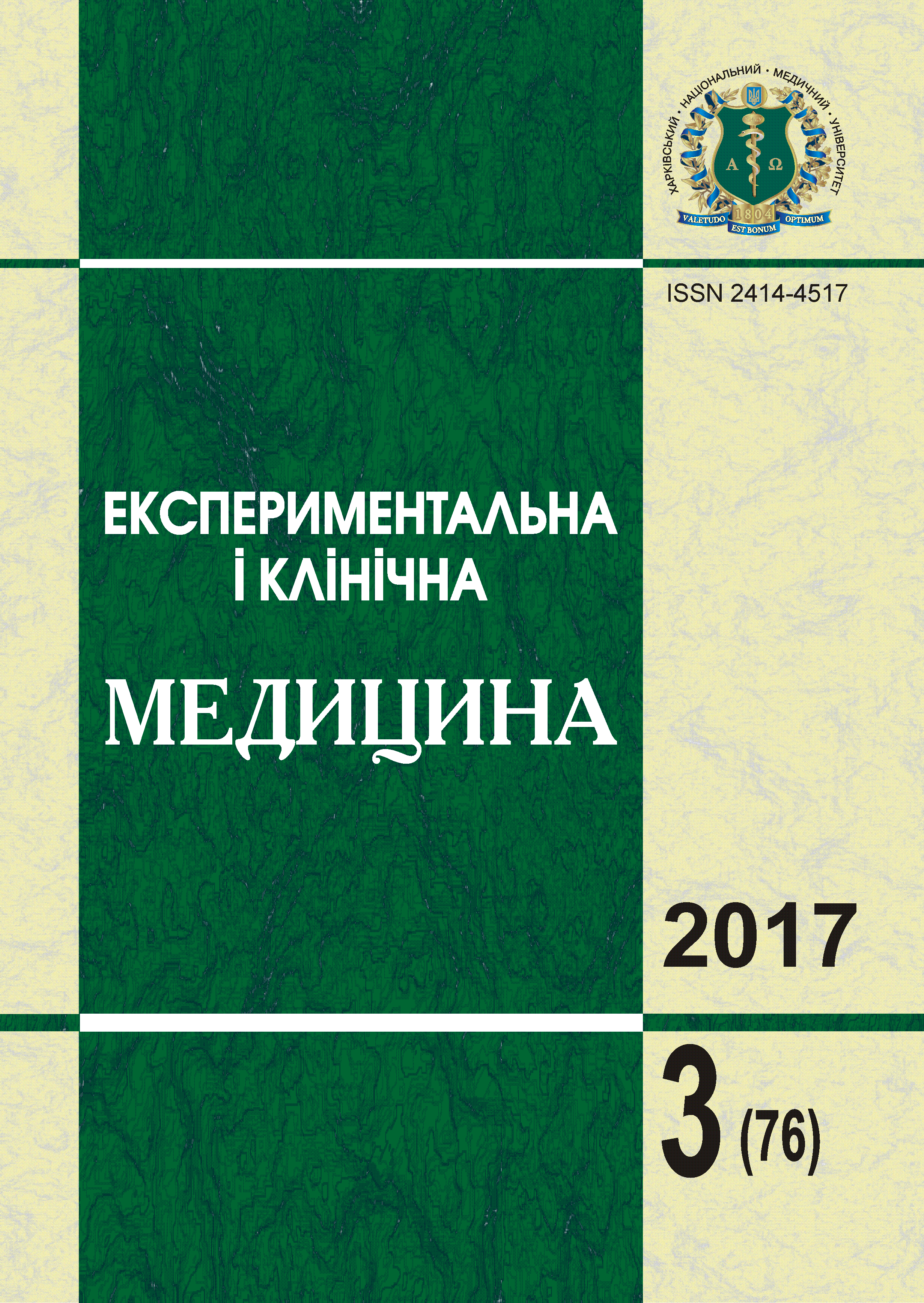Анотація
Обстежено 150 пацієнтів, які перенесли ішемічний інсульт, віком від 45 до 84 років. Всім пацієнтам проводили генетичне тестування та виявляли характер мутації гена MTHFR C677T (СС, СТ або ТТ варіанти). Пацієнтів було розділено на групи згідно виявлених мутацій гена MTHFR C677T та призначеного профілактичного лікування. В групу СС1 було включено пацієнтів з мутацією MTHFR C677T типу СС, яким призначався додатково до основного профілактичного лікування препарат фолієвої кислоти (вітамін В9) в дозі 1 мг (оптимізована профілактика). Група СС2 мала таку саму мутацію, але отримувала лише основне профілактичне лікування (еналаприл 20 мг, аспірин 100 мг та розувастатин 20 мг). Подібним чином були розподілені групи СТ1, СТ2, ТТ1 та ТТ2. За умови призначення оптимізованої медикаментозної профілактики ризик інсульту серед пацієнтів з мутаціями СС і СТ достовірно не різнився. Проте у випадку мутації ТТ дані показали як більш високий ризик повторного інсульту із-за генетично обумовленої гіпергомоцистeїнемії, так і значну різницю в частоті повторної церебральної події на тлі лікування фолієвою кислотою. Зроблено висновок, що оптимізована методика медикаментозної профілактики гострого ішемічного інсульту дозволяє ефективно запобігати виникненню повторного ішемічного інсульту залежно від генетичних особливостей пацієнта.Посилання
Go A.S., Mozaffarian D., Roger V.L. et al. American Heart Association. Heart disease and stroke statistics-2014 update: a report from the American Heart Association // American Heart Association Statistics Committee and Stroke Statistics Subcommittee. Circulation. 2014, Vol. 129 (3). 292 p.
Смульська Н.О., Кир’яченко С.П., Горовенко Н.Г., Зозуля І.С. Асоціація поліморфних варіантів генів MTHFR (C677T), MTHFR (A1298C), MTRR (A66G), FV (G1691A), FII (G20210A), ACE (I/D) та їх комбінацій у ризику розвитку ішемічного інсульту в дитячому віці // Український медичний часопис, № 3 (101). V/VI. 2014. C. 131–134.
Arsene D., Găină G., Bălescu C., Ardeleanu C. C677T and A1298C methylenetetrahydropholate reductase (MTHFR) polymorphisms as factors involved in ischemic stroke // Rom. J. Morphol. Embryol., 2011. V. 52 (4). P. 1203–1207.
Jin P., Hou S., Ding B. et al. Association between MTHFR gene polymorphisms, smoking, and the incidence of vascular dementia // Asia Pac. J. Public. Health. 2013, Jul. Vol. 25 (4 Suppl). P. 57S–63S. doi 10.1177/1010539513492819. – ePub. 2013, Jul. 15.
Mohammad Soleiman Soltanpour, Zahra Soheili, Ali Shakerizadeh et al. Methylenetetrahydrofolate reductase C677T mutation and risk of retinal vein thrombosis // J. Res. Med. Sci. 2013. Jun. V. 18 (6). P. 487–491.
Зозуля І.С., Головченко Ю.І., Оноприєнко О.П. Інсульти: тактика, стратегія ведення, профілактика, реабілітація та прогноз. К., 2010, 320 с.
Zhang M.J., Hu Z.C., Yin Y.W. et al. A Meta-Analysis of the Relationship between MTHFR Gene A1298C Polymorphism and the Risk of Adult Stroke // Cerebrovasc. Dis. 2014. № 38 (6). P. 425–432. doi : 10.1159/000369122. – ePub. 2014, Dec. 3.
